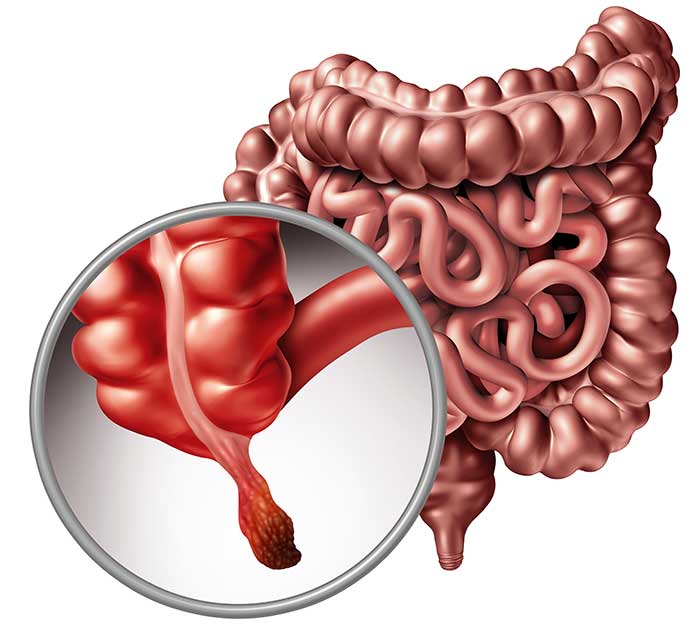 Appendicitis Disease Overview:
Appendicitis Disease Overview:
Appendicitis Disease is a common yet potentially serious medical condition characterized by the inflammation of the appendix, a small pouch-like organ attached to the large intestine. This condition demands prompt medical attention as a delayed diagnosis can lead to complications, such as a burst appendix. In this article, we will explore various aspects of appendicitis, including diagnostic analysis, treatment options, the regulatory framework surrounding the disease, competitive landscape, market trends, and clinical trial data assessment.
The Market Competitors Listed Below are Revolutionizing Healthcare with Innovative Inventions:
Diagnostic Market Players:
Blood Tests
- Sun Pharmaceuticals Industries Ltd
- Cipla Limited
- Reddy’s Laboratory
- Max Healthcare
- Fortis Healthcare
- SRL Diagnostics
Imaging Tests
- DiagnoTech Corporation
- Siemens Healthineers
- Med Imaging Solutions
- Radiance Imaging System
- Hitachi Ltd.
- Esaote S.p.A.
Treatment Market Players:
- Shandong Octagon Chemicals Ltd.
- Reyoung Pharmaceuticals
- Sichuan Kelun Pharmaceutical Co Ltd.
- Cipla Ltd.
- Albert David
- Pfizer
- Johnson and Johnson
- Manus Aktteva Biopharma LLP
- Pfizer
- DEV LIFE CORPORATION PVT LTD
- Aden Healthcare
- Anant Pharmaceuticals Pvt. Ltd.
Appendicitis Diagnostic Analysis:
Accurate and timely diagnosis is crucial in managing appendicitis effectively. Physicians employ a combination of clinical evaluation, laboratory tests, and imaging studies to diagnose this condition. Common diagnostic tools include physical examinations, blood tests to assess inflammation markers, and imaging techniques such as ultrasound or CT scans. These methods help identify the presence of inflammation and confirm the diagnosis, allowing for appropriate and timely intervention.
Appendicitis Treatment Analysis:
Once diagnosed, the primary treatment for appendicitis is surgical removal of the inflamed appendix, known as an appendectomy. Traditionally, this procedure involved open surgery, but advancements in medical technology have led to the widespread adoption of laparoscopic or minimally invasive techniques. These approaches result in smaller incisions, reduced postoperative pain, and faster recovery times. In some cases, antibiotic therapy may be considered for uncomplicated cases or as a prelude to surgery.
Browse More Information:
https://www.diseaselandscape.com/gastrointestinal/appendicitis-disease-services-market-strategy
Regulatory Framework for Appendicitis:
The regulatory landscape for appendicitis treatment involves compliance with healthcare standards and guidelines set by health authorities. The approval and regulation of surgical techniques, medical devices, and pharmaceuticals used in the diagnosis and treatment of appendicitis fall under the purview of health regulatory agencies. Understanding and adhering to these regulations are essential for healthcare professionals, ensuring the safety and efficacy of interventions.
Competitive Analysis:
The landscape of appendicitis treatment is marked by the presence of various pharmaceutical companies, medical device manufacturers, and healthcare institutions. Companies vie for market share by developing innovative diagnostic tools, surgical techniques, and medications. Market competition fosters advancements in technology and treatment modalities, ultimately benefiting patients by providing them with a range of effective and efficient options.
Market Trends:
As the healthcare industry evolves, so do trends in appendicitis diagnosis and treatment. Increased adoption of minimally invasive surgical techniques, advancements in imaging technology, and a growing emphasis on personalized medicine are notable trends. Moreover, the integration of artificial intelligence in diagnostic processes is gaining momentum, enhancing the accuracy and speed of appendicitis detection.
Clinical Trial Data Assessment:
Ongoing clinical trials play a crucial role in shaping the future landscape of appendicitis management. These trials assess the safety and efficacy of new diagnostic tools, treatment modalities, and medications. By evaluating clinical trial data, healthcare professionals can stay informed about emerging trends, potential breakthroughs, and novel therapeutic approaches in the field of appendicitis.
Conclusion:
Appendicitis, though a common ailment, demands a nuanced understanding of its diagnostic and treatment landscape. Timely and accurate diagnosis, coupled with advancements in surgical techniques and pharmaceutical interventions, ensures effective management of the condition. The regulatory framework, competitive dynamics, market trends, and ongoing clinical trials collectively contribute to the evolving landscape of appendicitis, providing healthcare professionals and patients with a diversified array of options for optimal care.
Browse Through More Gastrointestinal Disease Research Reports
Related Reports:
Demystifying Demodex Blepharitis: Causes, Symptoms, and Treatment
Breathing Easier: A Comprehensive Guide to Cystic Fibrosis Disease
Unmasking the Enigma: Solid Tumors and Their Intricate Nature
Unravelling Hemophilia Disease: Understanding a Lifelong Challenge
Conquering Challenges: The Journey with Spinal Muscular Atrophy (SMA) Disease
Contact Us:
Disease Landscape Insights LLP
6th Floor, Sr No.207, Office A H 6070 Phase 1
Solitaire Business Hub, Viman Nagar
Pune, Maharashtra, 411014
Email: ajay@diseaselandscape.com
Email: vishal@diseaselandscape.com
Blog: https://www.diseaselandscape.com/blogs
Case Study: https://www.diseaselandscape.com/casestudies





